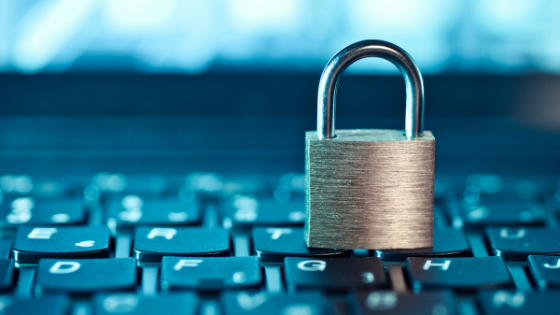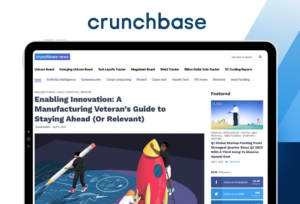Security Risk & Threat Management: Choosing an ERP Solution

Businesses wanting to improve their system management may have concerns about security risk and threat protection. One way to address these concerns is with an ERP solution. ERP systems can help streamline security and reduce risks and threats by keeping tight security measures in place and automating immediate responses to trouble. An ERP system can help prevent threats that come from both inside and outside of a business.
Security risks that come from the inside of a business aren’t necessarily intentional, but still need to be addressed. Examples of internal weaknesses that can lead to potential risks are weak passwords, more than one entry point per employee, and a lack of role-based security. Best practices for reducing internal cybersecurity threats include using strong passwords, mandating internal password updates, and maintaining an accreditation log with authorizations and checklists for new hires, promotions, and role changes. Making these cybersecurity efforts a routine within your organization can help keep unauthorized access to a minimum.
Restricting access to important information can make it hard for the wrong people to obtain access to sensitive or private data. ERP systems allow a business to restrict critical information access to only those who need it. This role-based security doesn’t interfere with employees’ ability to complete their tasks but instead allows them to access the functions they need without giving unnecessary permissions to critical information.
ERP security risks are low because an ERP solution improves the consistency, accuracy, and security of proprietary data. It ties together different systems used in human resources, supply chain management (SCM), finance, manufacturing, management, and customer relationship management (CRM); making it easier to manage data security and permission-level access protocols. The risk of both monetary and data loss is minimized because these systems are now accessible in real-time and streamlined while data access is restricted to the appropriate team members. Potential issues in posted transactions and master data are quickly detected and addressed.
As more employees are working from home or using their phones and tablets to do their work, cybersecurity measures become even more crucial. An ERP system can protect employee identification and personal information such as home addresses and private family information. However, to ensure all information is protected with an extra layer of security, implementing 2FA (two-factor authentication) is always a good idea. This way, employees will have to complete two steps in order to log into your system.
ERP systems also have highly advanced permission controls to protect critical data and help guard against cyberattacks that come from hacker groups and other criminal organizations from outside the business. These groups are looking for corporate secrets or to disrupt a company’s productivity and try to gain access through company firewalls. In the event of a security attack, the ERP system can immediately correct the problem and implement an update automatically. Strict security measures are also in place when integrating with third-party vendors, keeping ERP security risks low. ERP systems maintain an effective firewall and encrypt data and can also help monitor supplier traffic and client portals by providing security parameters.
Lastly, compliance violations are considered law-breaking and pose a significant risk for many businesses, especially those in heavily regulated industries. ERP implementation can help reduce the risk of compliance variance by monitoring materials and processes such as supply chains and making sure they conform to regulatory mandates. ERP implementation can provide real-time access to information and automation, making spreadsheet tracking and paper trials obsolete. Businesses can also set up alerts when a non-compliance action takes place, enabling a company to make adjustments before they become problems.
Interested in more information about how Decision Resources can help your business with ERP data security? Call us at 412-562-9660 or email info@decision.com.
Similar Blogs

Decision Resources Featured on Crunchbase

Chips, drugs, and steel — how to prepare for Trump tariffs





